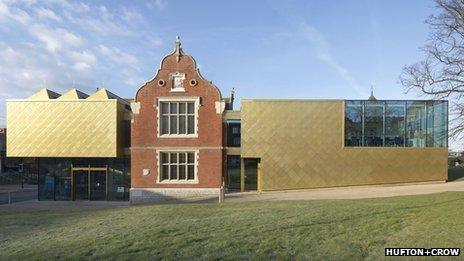London cash grip starving museums of funding, says David Anderson
- Published
Cardiff's National Museum gets less money than those in London, it is claimed
The large amount of public money and sponsorship invested in London's cultural institutions has "starved" museums and galleries in the rest of the UK, says the head of National Museum Wales (NMW).
David Anderson, also president of the Museums Association, said London organisations get a "disproportionate" amount of funding.
NMW is funded by the Welsh government.
Culture minister John Griffiths said Wales was not getting its fair share.
Mr Anderson, the director general of National Museum Wales, said: "Half a billion pounds a year goes to the national institutions (in Southwark, Westminster, and Kensington and Chelsea), and also what makes a huge difference, half a billion pounds of the private money."
He said London's grip on funding was to the detriment of the arts in the rest of the UK.
'Not about sour grapes'
"A massive amount of public and private money is going to a very tiny geographical area in the UK. They get a disproportionate amount of the public funding.
"More than 70% of all the private money - the trust, foundation and corporate money - goes just to those boroughs as well. And this means that the rest of the United Kingdom really is relatively starved of funding for its arts and cultural provision."
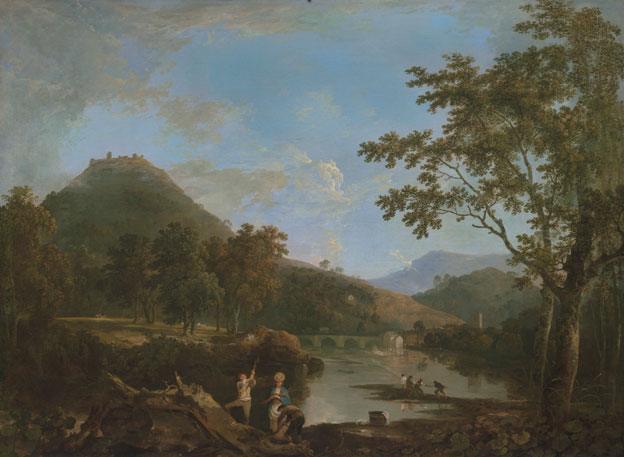
National Museum Wales this week opened a major retrospective of Welsh landscape painter Richard Wilson
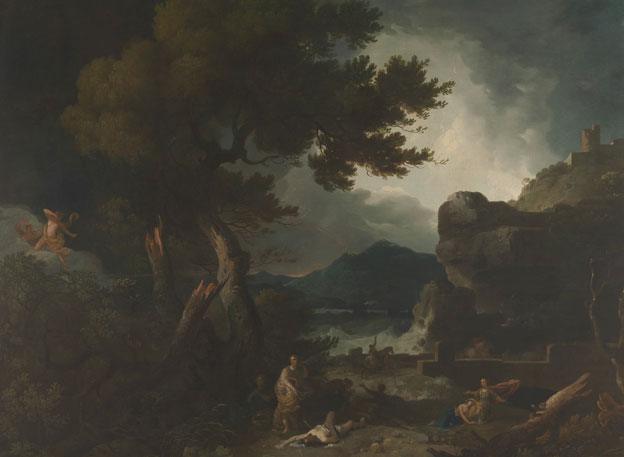
Wilson was born in 1714 in Penygroes, Montgomeryshire, son of a minister and from a farming family
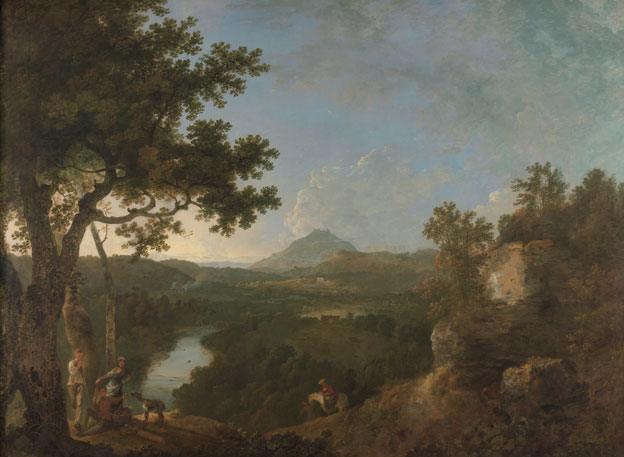
View near Wynnstay - Wilson spent time in Rome and London
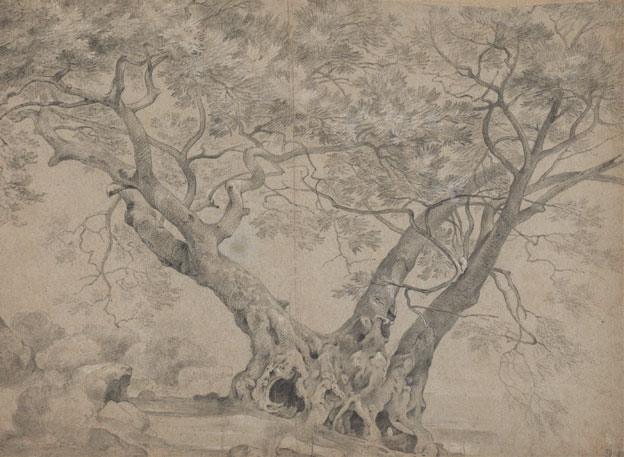
He has been described as 'a towering figure in the cultural history of Wales'
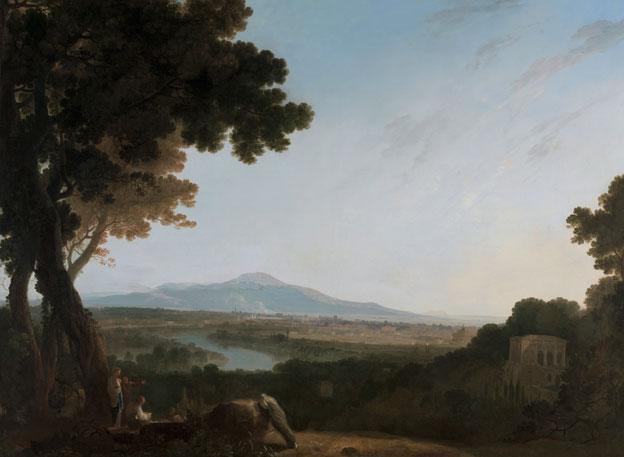
He travelled to Italy in 1750 where he decided to devote himself exclusively to landscape
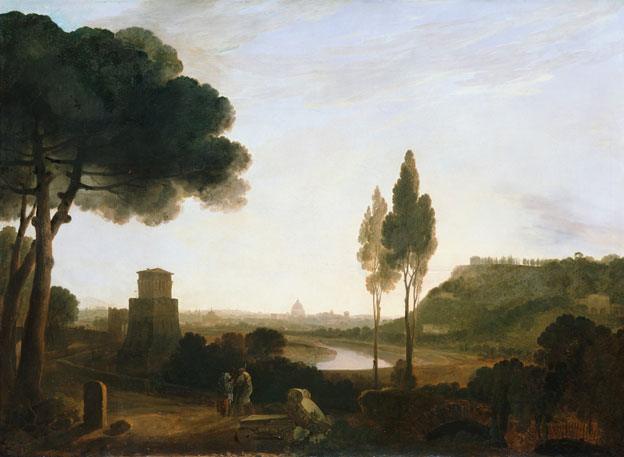
Rome and the Ponte Molle - by the time of Wilson's death he was largely forgotten but his reputation revived
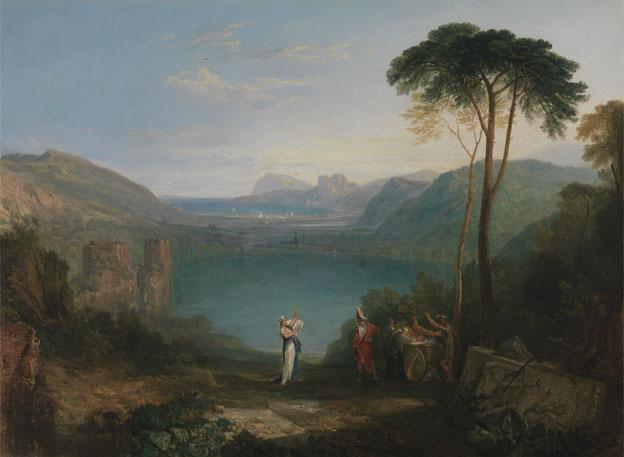
Wilson was an influence on Turner, Constable and Gainsborough
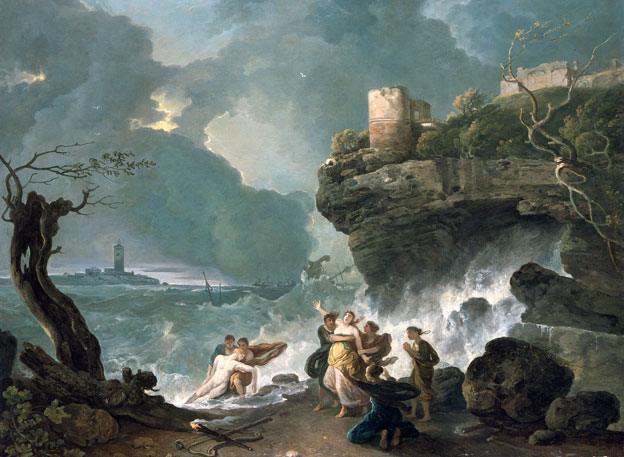
This is the first major exhibition devoted to Wilson for 30 years and is on in Cardiff until 29 October
Arts Council England recently announced an increase in funding outside London with English National Opera having its annual grant cut by 29% as part of the shake-up.
In Wales, the Welsh government directly funds National Museum Wales, and provides an annual budget to the Arts Council of Wales to distribute to other cultural organisations.
Culture minister John Griffiths said funding for the arts and museums in Wales was dispersed evenly around the country, which he said was "far healthier".
He said efforts were being made to make sure Wales gets its fair share of funding from private companies, but said it was not happening yet.
"I do not believe that we are doing so at the moment, and organisations like the National Museum and other arts organisations are constantly striving to get a better share of that funding for Wales," he said.
Mr Anderson said he was optimistic that others would also join his call for a better distribution of arts funding.
"I think there's a change of mood across the whole of the United Kingdom now, and I do want to stress that this is not about sour grapes.
"I really want to see the London institutions continuing to thrive and to play a key role in England, and across the United Kingdom as well," he said.
The London-based cultural critic Stephen Bayley, who was born in Cardiff, said it was a mistake to attempt to claim some of London's funding.
"Don't complain about London, think what you could do in Cardiff. You could lubricate the planning system so it's possible to make new buildings, you could have camouflaged subsidies by encouraging low rents, you could give tax breaks to patrons.
"And remember the unique heritage of Cardiff wasn't created by subsidies, it was largely created by a private individual - Lord Bute," he said.
- Published9 June 2014
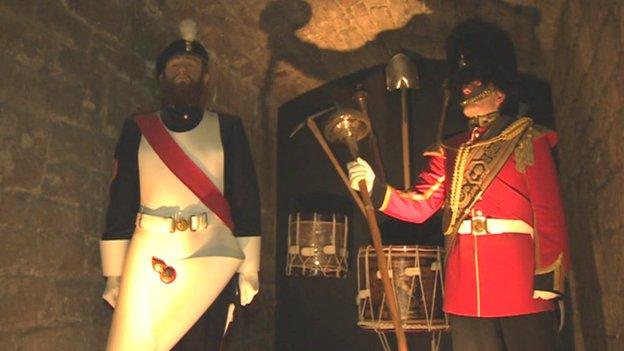
- Published8 May 2014
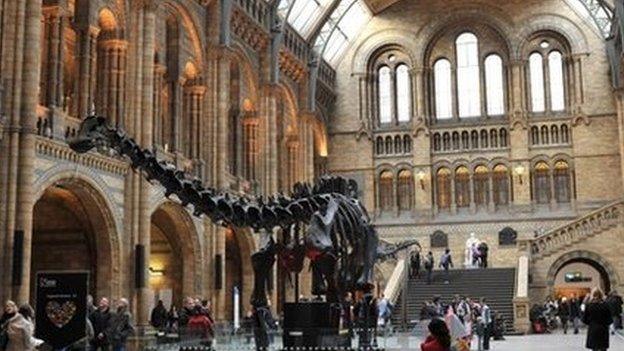
- Published31 October 2013
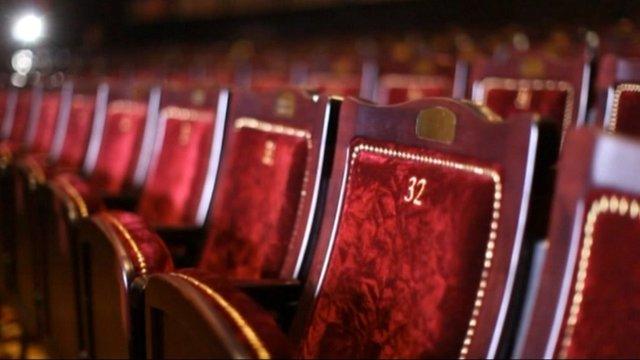
- Published11 November 2013
